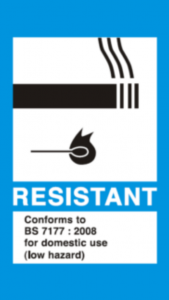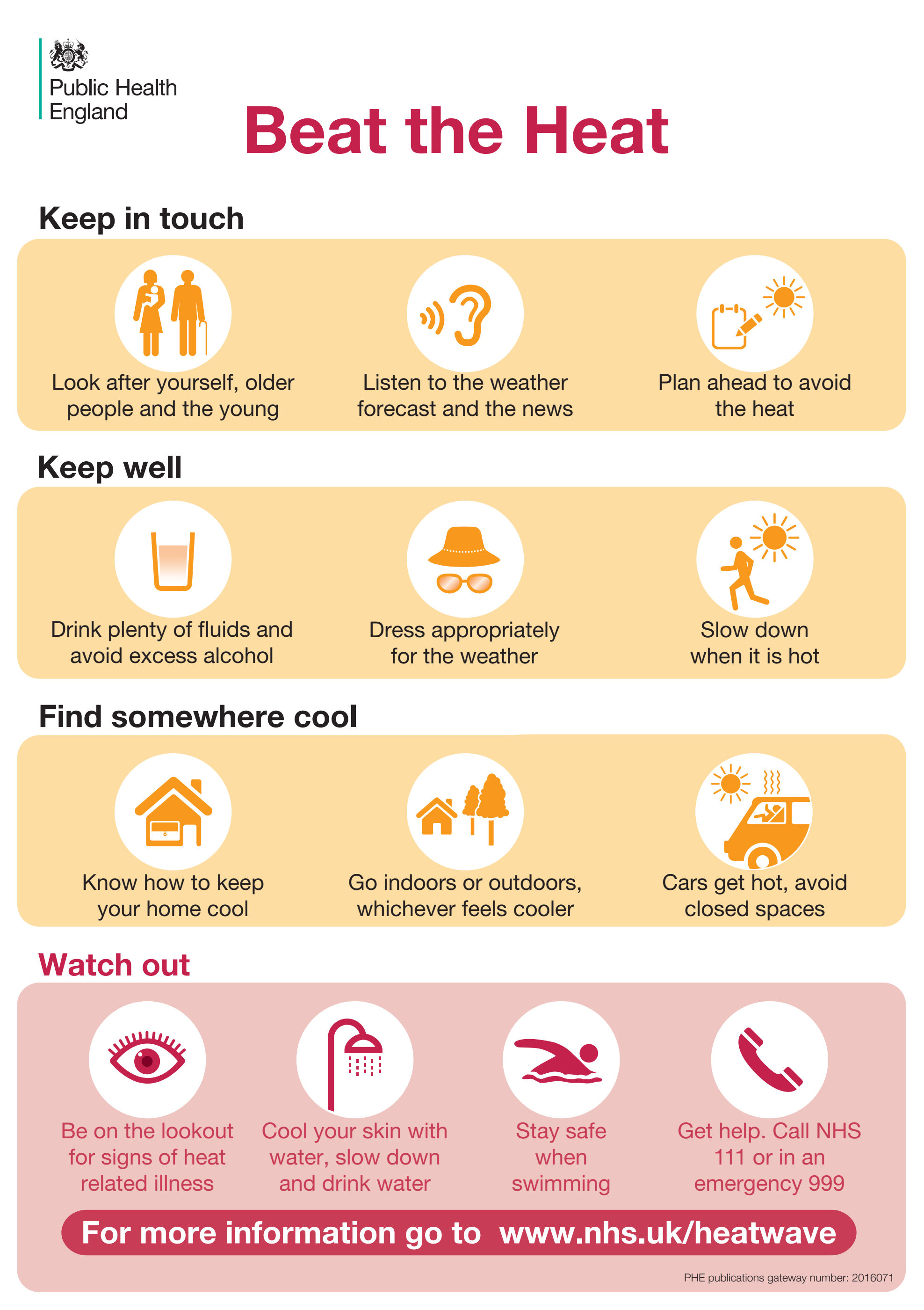News
Avoid Holiday Fraud

Each year, fraudsters target unsuspecting holidaymakers and travellers conning them out of millions of pounds. Not only are people losing substantial sums of money but many holidays are being ruined, with people unable to afford a replacement. Over the past four years, we’ve joined forces with the City of London Police, Action Fraud and Get Safe Online to raise awareness of different types of holiday booking fraud and how you can avoid becoming a victim.
What is holiday booking fraud and how to avoid the common types?
Holiday booking fraud is when people hand over money only to discover the holiday, accommodation or flight they paid for doesn’t exist.
Fraudsters are conning unsuspecting holidaymakers and travellers out of millions of pounds each year or leaving them stranded with nowhere to stay.
The most common types of booking fraud are:
- Holiday Accommodation: Fraudsters are making full use of the internet to con holidaymakers by setting up fake websites, hacking into legitimate accounts and posting fake adverts on websites and social media.
- Airline tickets: Where a customer believes they are booking a flight and receives a fake ticket or pays for a ticket that never turns up.
- Sports and religious trips: A popular target for fraud due to limited availability of tickets and consequently higher prices.
- Timeshares and holiday clubs: The sums involved with this form of fraud are particularly high with victims losing typically thousands of pounds.
Top tips to help avoid holiday booking fraud
- Don’t reply to unsolicited emails, texts, social media or calls with holiday offers. Links and attachments in emails may lead to malicious websites or download viruses.
- Stay safe online: Check the web address is legitimate and has not been altered by slight changes to a domain name – such as going from .co.uk to .org.
- Do your research: Don’t just rely on one review – do a thorough online search to ensure the company is credible. If they’re suspect, other people may well have posted their experiences warning people off.
- Look for the logo: Check whether the company is an ABTA Member. Look for the ABTA logo on the company’s website and if you have any doubts, verify membership by visiting our ABTA Member search. If you’re booking a flight and want more information about ATOL protection, or would like to check whether a company is an ATOL holder, then please visit the CAA website.
- Pay safe: Never pay directly into an private individuals bank account.
- Check the paperwork: You should study receipts, invoices and terms and conditions, and be very wary of any companies that don’t provide any at all. When booking through a Holiday Club or Timeshare, get the contract thoroughly vetted by a solicitor before signing up.
- Use your instincts: If something sounds too good to be true, it probably is.
- Get free expert advice: For further advice on how to stay safe when booking or researching travel online, go to Get Safe Online.
How to report it
Report it to Action Fraud online or call 0300 123 2040. If they’re a member of the Association of British Travel Agents, report to them too.
ABTA
https://www.abta.com/tips-and-advice/planning-and-booking-a-holiday/how-avoid-travel-related-fraud
Action Fraud
https://www.actionfraud.police.uk/a-z-of-fraud/holiday-fraud
#scamaware
Don’t let a scammer enjoy your retirement

Find out how pension scams work, how to avoid them and what to do if you suspect a scam.
Scammers can be articulate and financially knowledgeable, with credible websites, testimonials and materials that are hard to distinguish from the real thing. Scammers design attractive offers to persuade you to transfer your pension pot to them or to release funds from it. It is then invested in unusual and high-risk investments like overseas property, renewable energy bonds, forestry, storage units, or simply stolen outright.
Scam tactics include:
- contact out of the blue
- promises of high / guaranteed returns
- free pension reviews • access to your pension before age 55
- pressure to act quickly
Four simple steps to protect yourself from pension scams
- Reject unexpected offers
If you’re contacted out of the blue about your pension, chances are it’s high risk or a scam. Be wary of free pension review offers. A free offer out of the blue from a company you have not dealt with before is probably a scam. Fortunately, research shows that 95% of unexpected pension offers are rejected.* - Check who you’re dealing with
Check the Financial Services Register (www.register.fca.org.uk) to make sure that anyone offering you advice or other financial services is FCA-authorised.
If you don’t use an FCA-authorised firm, you also won’t have access to the Financial Ombudsman Service or the Financial Services Compensation Scheme. So you’re unlikely to get your money back if things go wrong. If the firm is on the FCA Register, you should call the Consumer Helpline on 0800 111 6768 to check the firm is permitted to give pension advice.
Beware of fraudsters pretending to be from a firm authorised by the FCA, as it could be what we call a ‘clone firm’. Use the contact details provided on the FCA Register, not the details they give you. - Don’t be rushed or pressured
Take your time to make all the checks you need – even if this means turning down an ‘amazing deal’.
Be wary of promised returns that sound too good to be true and don’t be rushed or pressured into making a decision. - Get impartial information and advice
The Pensions Advisory Service (www.thepensionsadvisoryservice.org.uk) – Provides free independent and impartial information and guidance.
Pension Wise (www.pensionwise.gov.uk) – If you’re over 50 and have a defined contribution (DC) pension, Pension Wise offers pre-booked appointments to talk through your retirement options.
Financial advisers – It’s important you make the best decision for your own personal circumstances, so you should seriously consider using the services of a financial adviser. If you do opt for an adviser, be sure to use one that is regulated by the FCA and never take investment advice from the company that contacted you or an adviser they suggest, as this may be part of the scam.
Financial Conduct Authority
The Pensions Regulator
#scamaware
Talk

TALK to family, friends, neighbours so that they can avoid scams.
#scamaware
Report

You might be able to stop others from being scammed if you report a scam.
You should report the scam to more than one organisation – report it to:
- the Citizens Advice Consumer Service first
- Action Fraud – or Royal Mail if you’ve been scammed by post
Give as much information as you can – for example, dates, names and email addresses.
Get help if you’ve shared your bank details. Your bank might be able to refund some of the money or block your cards.
If you’ve been threatened with violence, report it to the police on 101.
Report a scam to Consumer Service
Report the scammer to the Citizens Advice Consumer Service online or by phone.
They will:
- give you advice on what to do next
- report the scam to Trading Standards – they might investigate to see if the business has acted illegally or unfairly
Report a scam to Action Fraud
You should report the scam to Action Fraud – the national fraud reporting centre.
They might get the National Fraud Intelligence Bureau to investigate the scam further. You’ll usually get a police crime reference number.
It’s easiest to report scams online – either:
- report it as a crime on Action Fraud’s website if you’ve lost money
- report it as a phishing attempt on Action Fraud’s website if someone tried to scam you
It’s best to fill in the form on a computer, not a mobile or tablet. It takes about 20 minutes to fill in.
You can also report the scam by phone.
Action Fraud
Telephone: 0300 123 2040
Textphone: 0300 123 2050
Monday to Friday, 8am to 8pm
Website: https://www.actionfraud.police.uk/
Calls usually cost up to 40p a minute from mobiles and up to 10p a minute from landlines. It should be free if you have a contract that includes calls to landlines – check with your supplier if you’re not sure.
Reporting a postal scam
You can report postal scams to Royal Mail – they investigate scams and work to stop them.
Post the scam mail to FREEPOST SCAM MAIL – include the envelope it came in and a completed ‘scam mail report’. You can download the scam mail report from Royal Mail’s website – or you can ask Royal Mail to send you a scam mail report and a pre-paid envelope to send it in.
Royal Mail
Telephone: 0800 011 3466 – leave a message with your name, address and phone number.
Email: scam.mail@royalmail.com
Calls are free from mobiles and landlines.
#scamaware
Response to East Stour Park development

South Ashford Community forum has drafted its response to the planning application for the proposed East Stour Park Development.
We are aware that a petition has been started against the development. Petitions cannot be presented at meetings of the Planning Committee so will have no effect on the decision. All who wish to object to this development should submit their comment using the process set out on the Ashford Borough Council website: https://www.ashford.gov.uk/planning-and-building-control/making-planning-applications/comment-on-applications/
South Ashford Community Forum will include the issues listed below in its comment. You may include these issues in your own comment but need to formulate them into suitable paragraphs.
- Site is in Green Corridor
- Development would add further severe restriction to the Green Corridor and movement of wildlife in an area adjacent to which such movement is already constrained by the station, railway and roads round it.
- The proposed ‘enhancement’of the Green Corridor does not adequately mitigate the loss of Green Corridor.
- The exit of traffic onto Norman Road so close to the Kimberley Way Roundabout will create a hazard
- Site is not allocated in local plan; development not required to meet 5y housing need.
- Developments of the proposed size on greenfield sites should go through the SHEELAA selection process and not be considered as windfall sites.
- The sequential test does not include the Homeplus site.
- The claim that properties in Riversdale Road would flood before the site is incorrect as experienced in 2014.
- There is no mention in the current Green Corridor Action Plan of a Wetland Country Park in the South Willesborough Dykes.
- Development of the South Willesborough Dykes, or part of it, as a country park would have a severe negative impact.
Ashford Bourough Council Case Reference: 19/00709/AS
http://planning.ashford.gov.uk/Planning/details.aspx?systemkey=112528
Stop

Check if something might be a scam
A scam is a type of fraud in which someone steals your money or information.
You can be scammed online, in person, over the phone, or through the post.
Scams can be difficult to recognise, but there are things you can look out for.
Recognising a scam
It might be a scam if:
- it seems too good to be true – for example, a holiday that’s significantly cheaper than you’d expect it to be
- someone you don’t know contacts you unexpectedly
- you suspect you’re not dealing with a real company – for example, if there’s no postal address
- you’ve been asked to transfer money quickly
- you’ve been asked to pay in an unusual way – for example, by vouchers or wire transfer
- you’ve been asked to give away personal information like passwords or PINs
If you think you’ve paid too much for something
Paying more for something than you think it’s worth isn’t the same as being scammed. Usually, a scam will involve theft or fraud.
You have other rights if you think you’ve overpaid.
If you think you’ve spotted a scam
If you’ve given away money or information because of a scam, there are things you should do. Check what to do if you’ve been scammed.
If you haven’t been scammed but you’ve seen something you think is a scam, you should report it. Find out how to report a scam.
If you’re not sure if something is a scam, contact Citizens Advice consumer service. They’ll give you advice about what might be a scam and the steps you should take if you’ve been scammed.
#scamaware
#scamaware

Mattress scam alert

A Kent resident was recently scammed by a criminal selling mattresses from a van in Edenbridge (South Ashford has seen reports of mattresses being sold from a van in Ashford)
At best these mattresses will contain a very basic spring unit with a polyester fibre pad or a layer of cheap foam over it, all covered in a cheap outer covering material. They almost certainly haven’t undergone testing though they may display the small blue, white and black label with an image of a cigarette and match flame.
At worst, the mattress may contain an old, used spring unit along with dirty fillings. Some of the worst cases are where the rogue trader has simply placed an old mattress inside a brand-new cover!
Kent County Council Public Protection
Christchurch Road Closure

Christchurch Road will be closed, opposite no. 24a, (Francis Road Junction) during 10 and 11 June 2019 for works for Southern Water.


